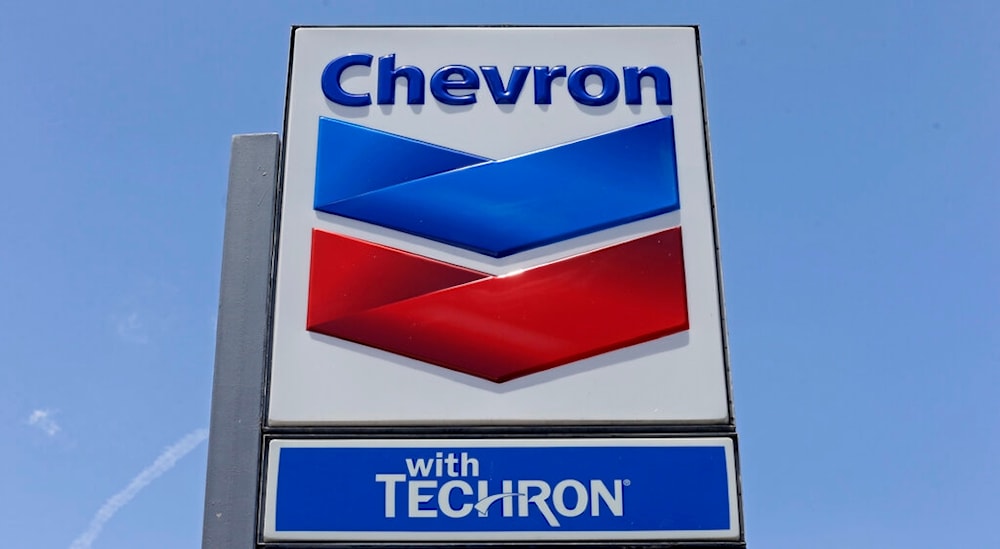Chevron to boost Venezuela oil exports to 7-year high amid US shift
Earlier this month, Chevron CEO Mike Wirth noted that Venezuelan oil could become more significant for the US if tariffs are imposed on Canada and Mexico, both of which produce crude similar to Venezuela’s.
-

This Tuesday, May 2, 2017, file photo, shows a Chevron sign at a gas station in Miami (AP)
American energy giant Chevron Corporation is set to increase oil exports from Venezuela to their highest level in seven years, as the country's current relations with the United States ease concerns over potential trade restrictions, Bloomberg reported.
Exports of synthetic crude from Chevron’s Petropiar project are projected to rise by approximately 50% this month, reaching around 143,000 barrels per day—the highest level since March 2018, according to preliminary port schedules compiled by Bloomberg.
Petropiar’s output has increased by 37% over the past year, reaching 110,000 barrels per day in January, according to a source familiar with the operations who requested anonymity due to a lack of authorization to speak publicly.
This comes after Venezuela released American citizens it had been detaining and accepted deported immigrants following a meeting between President Nicolas Maduro and Trump's envoy Richard Grenell, which helped ease concerns over additional sanctions.
Earlier this month, Chevron CEO Mike Wirth noted that Venezuelan oil could become more significant for the US if tariffs are imposed on Canada and Mexico, both of which produce crude similar to Venezuela’s.
“The Maduro-Grenell meeting is promising for Petroleos de Venezuela SA and Western oil companies operating in Venezuela, and supportive for Venezuelan production,” emphasized Fernando Ferreira, director of geopolitical risk at Rapidan Energy Group.
Despite its expansion efforts, Chevron remains constrained by US sanctions, which permit the company to increase drilling and operations only within the terms of its 2019 contracts. However, the Houston-based firm has strengthened its operations by securing a stable electricity supply for drilling pads and upgrading key equipment, such as coiled tubing, according to a source familiar with the matter.
In a statement, Chevron affirmed that it continues to conduct business in Venezuela in full compliance with all applicable laws and regulations.
The company has also ramped up production at another project, Petroboscan, by 40% over the past year, reaching 101,000 barrels per day in January, according to a source with knowledge of the situation and PDVSA data reviewed by Bloomberg.
Power and gas supply failures, which previously hindered production, have been partially mitigated, the source added.
In early February, the United States Office of Foreign Assets Control (OFAC) renewed the license allowing Chevron to continue its operations in Venezuela.
This license, General License No. 41, is renewed on the first day of each month and remains valid for six months, ensuring that Chevron can maintain its presence in the country despite ongoing US sanctions.
Chevron’s continued operations are a crucial part of the relationship between the US and Venezuela. The oil giant has been working in Venezuela for decades, first engaging in exploration in 1923, and later discovering the Boscan field in 1946.
Today, the company operates several joint ventures with Venezuela’s Petróleos de Venezuela (PDVSA), both on land and offshore, contributing significantly to the country’s vital energy sector.
Read more: Chevron seeking to protect Venezuelan business from White House

 3 Min Read
3 Min Read










